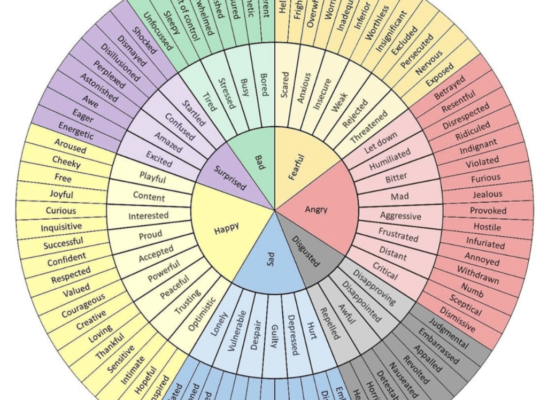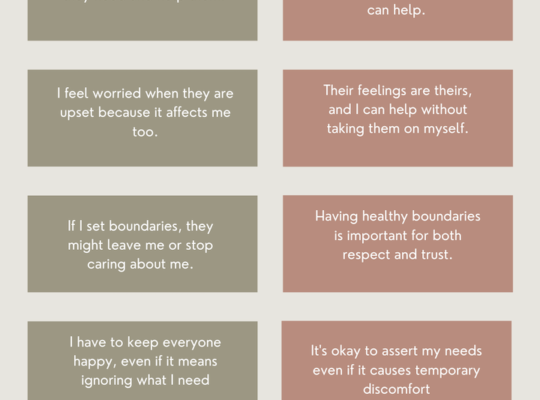
Jealousy and control—they sound like simple issues, right? But these two emotions can make or break a relationship, and the truth is, they often stem from deeper psychological patterns we don’t even realize we have. Whether it’s feeling threatened by your partner’s friendships or trying to manage every aspect of their life, unhealthy jealousy and control can take a serious toll on both you and your relationship.
Jealousy and Control: Why does it happen?
First things first: Why do people become jealous and controlling? It’s usually about fear. Fear of losing someone, fear of not being enough, or fear of abandonment. When you’re insecure, you might feel like you need to “own” your partner to keep them around. This is often linked to a fear of abandonment or low self-esteem.
Psychologists point to attachment theory to explain this behavior. If you grew up feeling neglected or weren’t able to rely on your caregivers consistently, you might develop an anxious attachment style. This makes it harder to trust people later in life. According to experts like Dr. Susan Krauss Whitbourne, people with anxious attachment styles often find it difficult to regulate their emotions when they feel threatened in relationships .
Jealousy and Control: How does it show up
Jealousy and controlling behaviors don’t always look the same. Sometimes, it’s about wanting to know where your partner is 24/7. Other times, it’s about shutting down conversations or isolating them from their friends. Here’s what it might look like:
1. Constant Checking
If you find yourself snooping through your partner’s phone or social media accounts, it’s a sign of jealousy. This behavior is often driven by insecurities or a lack of trust. According to Dr. Lisa Firestone, people who engage in this behavior often feel “emotionally threatened” and resort to checking their partner’s personal life to reassure themselves .
2. Overbearing Control
Control goes beyond just being worried about your partner. It’s when you try to manage every part of their life—where they go, who they talk to, what they wear, or even how much time they spend with family and friends. Control is often an attempt to regain a sense of security, especially if you’re feeling powerless in the relationship.
3. Emotional Manipulation
Ever guilt-tripped someone by making them feel bad for hanging out with friends instead of you? Or, maybe you’ve been on the receiving end of a partner who makes you feel like you’re doing something wrong when you have fun without them. This is a form of emotional control, and it can severely damage a relationship by making you feel anxious or trapped.
Jealousy and Control: Root Cause
The root cause of jealousy and control lies deep in our emotional wiring. People who are emotionally insecure often struggle with regulating their fears, which can make jealousy feel overwhelming. The cognitive distortions you may engage in—like catastrophizing or overgeneralizing—can make even innocent interactions feel threatening.
Dr. John Gottman, a leading relationship expert, explains that emotional insecurity can lead to negative cycles of behavior where jealousy feeds into more control, and control feeds into jealousy. It’s a loop that can spiral out of control if not addressed.
The Impact on the Relationship
Jealousy and control don’t just hurt your partner—they hurt you, too. When you try to control someone, you’re essentially saying, “I don’t trust you to make your own decisions,” and that can erode your partner’s sense of self-worth. Over time, this can create resentment and distance in the relationship.
On the other hand, if you’re the one being controlled, it can lead to feelings of anxiety, depression, and self-doubt. You might feel like you’re constantly walking on eggshells, wondering if your every move will upset your partner. According to research from Psychology Today, this kind of emotional strain is linked to higher rates of relationship dissatisfaction and, ultimately, breakups.
Breaking the Cycle of Jealousy and Control
So, what can you do if you recognize these patterns in yourself or your partner? The good news is, it’s possible to heal and rebuild.
1. Acknowledge the Issue
The first step is always recognition. Are you checking up on your partner too much? Are you making decisions for them because you feel threatened? Self-awareness is key. Once you can recognize the behavior, you can start working to change it.
2. Build Trust
Trust is the foundation of any healthy relationship. If trust is lacking, it’s important to talk openly about your fears. Therapy can be a great way to work through this, especially for individuals who struggle with anxious attachment. Dr. Harriet Lerner, author of The Dance of Anger, suggests that learning to trust again starts with being vulnerable and communicating your needs openly.
3. Practice Self-Care
If you find that insecurity is driving your jealousy or controlling behavior, focus on building your own confidence. Engage in activities that boost your self-esteem, whether it’s pursuing a hobby, working out, or spending time with friends. The more secure you feel in yourself, the less likely you are to feel threatened by others.
4. Set Healthy Boundaries
Boundaries are critical for maintaining independence within a relationship. If you feel like you or your partner is crossing the line, it’s important to set clear boundaries around personal space, privacy, and autonomy. This can reduce feelings of jealousy and foster a sense of mutual respect.
Jealousy and control are tough to break, but with effort, honesty, and a commitment to growth, you can overcome them. Remember, relationships thrive on trust, communication, and respect—so, don’t let jealousy and control stand in your way. You deserve to feel secure, free, and loved.







[…] its core, gaslighting is about control. The manipulator—consciously or not—wants to rewrite reality in a way that serves them. This […]